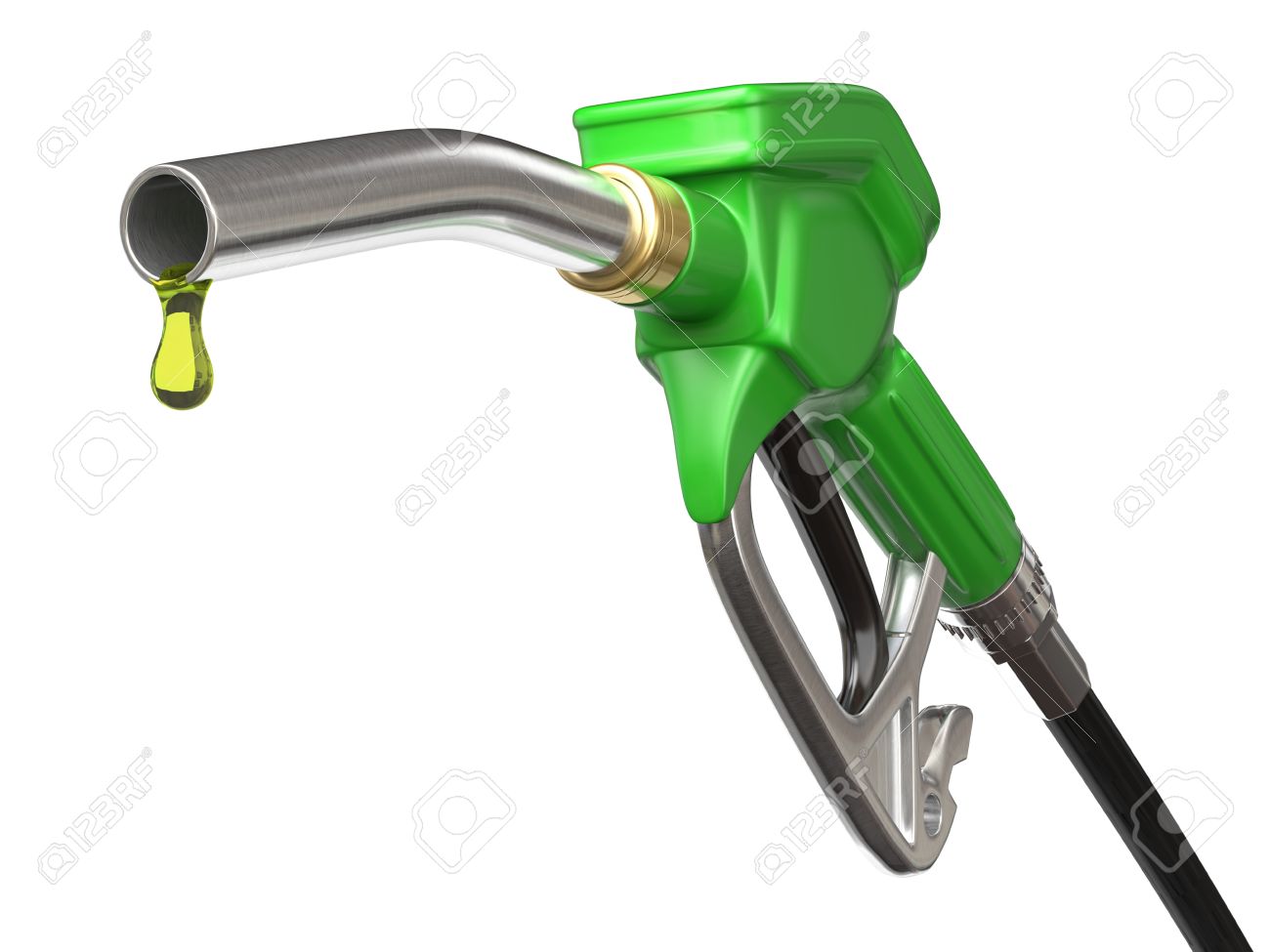Business
Terrorists Brandish New Notes In Viral Video [Watch]

A notorious terrorist leader, Kachalla Baleri, has been seen in a viral video displaying wads of new naira notes amid a scarcity of the naira.
Investigation revealed that banking halls across various commercial banks in Lagos, Osun, Ekiti, and other parts of the country witnessed minimal activity as frustrated customers resorted to alternative means of cash withdrawal following the scarcity of naira notes in the banks.
Checks revealed that while most banking halls were empty due to the paucity of funds in bank vaults, large crowds had formed outside some of the few banks that were rumoured to be preparing to load their Automated Teller Machines.
But the bandit leader, in an unverified video released online on Wednesday, claimed that he had enough of the new naira notes.
READ ALSO: JUST IN: CBN Directs Banks To Pay New Notes Over The Counter
Baleri, who spoke in the Hausa language in the two minutes 20 seconds video clip, claimed he had up to N10 million of the new naira notes.
He also claimed he had enough new naira notes to purchase more weapons. The new naira notes in his possession were ransom he allegedly received from relatives of abductees, according to some defence blogs.
The PUNCH reports that Kachalla was one of the 19 bandits/terrorists kingpins that were declared wanted by the Defence Headquarters in November 2022.
The military high command also placed a N5m bounty on each of them to encourage Nigerians to volunteer information that could lead to their arrest.
A former Director, Defence Information, Major General Jimmy Akpor, confirmed the authenticity of the list to our correspondent in November. Also, the DHQ urged the public to provide information that could lead to the arrest of Kachalla and others.
However, in the viral video seen by our correspondent on Thursday, Kachalla and his gang members who spoke in the Hausa language, could be seen displaying some currency notes.
Posting the video on Thursday morning, a defence blogger, with the Twitter handle @Edrees4P, tweeted, “Short video clip of a terrorist leader Baleri displaying new naira notes claiming that he has more than enough to buy more weapons.”
Also, posting a photo of Baleri, a defence blog, @DefenceTimesNG tweeted, “Scarcity of Naira: Notorious bandit leader Kachalla Baleri release video clip displaying new naira notes he received from N10million naira ransom in N200, N500, N1000 denominations.”
READ ALSO: Gunmen Attack INEC Office, Police Station, Residential Building In Anambra
Daily Trust had on January 26 reported that some bandits rejected a N5.3 million ransom which was paid to them with the old naira notes, saying the deadline for their usage was fast approaching.
The newspaper learnt that the leader of the bandits, who raided Azara, Janjala and Kadara communities in Kaduna State on December 12, 2022, and kidnapped 37 people, asked the relatives of the victims to return the old naira notes when they brought them for ransom payment.
Instead, he requested foodstuff, drugs and wine before freeing two nursing mothers and three men among the abducted 11 people from Azara community in Kachia LGA.
The PUNCH reports that operatives of the Independent Corrupt Practices and Other Related Offences Commission stormed two banks in Bauchi State on Tuesday to monitor the cash disbursement exercise, as the agency noted that the operation would spread across the country.
It was gathered that the operation which was still ongoing was being carried out by a joint task force comprising operatives of the ICPC and its sister anti-graft agency, the Economic and Financial Crimes Commission, and staff members of the Central Bank of Nigeria.
The raids came a few days after the CBN Governor, Godwin Emefiele, said the apex bank would collaborate with law enforcement agencies such as the ICPC and the EFCC, to track heavy withdrawals.
The PUNCH reports that the CBN had extended the deadline for the validity of the old N200, N500 and N1,000 notes from January 31 to February 10.
On Wednesday, on Wednesday, the ICPC arrested an Abuja-based Twitter user, Oluwadarasimi Omoseyin, with the handle @SimisolaGold and Twitter name Simisola of Lala, for offering new naira notes for sale on social media.
READ ALSO: NNPCL Takes Over Addax Petroleum Production Sharing Contract Assets
The EFCC on Tuesday disclosed that it had arrested members of a syndicate of currency racketeers trading in the redesigned naira notes at Zone 4, Wuse and Dei-Dei axis of the Federal Capital Territory, Abuja.
Also, the DSS revealed on Monday that its operatives arrested some currency traders who had turned the sale of newly redesigned notes into brisk business.
Watch video:
Business
Naira Continues Gain Against US Dollar As Nigeria’s Foreign Reserves Climb To $45.57bn

The Naira appreciated further against the United States Dollar at the official foreign exchange market, beginning the week on a good note.
Central Bank of Nigeria data showed that the Naira strengthened on Monday to N1,429.31 per dollar, up from N1,430.85 exchanged on Friday, 2 January 2026.
This means that the Naira gained N1.56 against the dollar on Monday when compared to N1,430.85 last week Friday.
READ ALSO:Naira Records Significant Appreciation Against US Dollar
At the black market, the Naira dropped by N5 to N1480 per dollar on Monday, down from N1475 traded Friday.
The development comes as the country’s external reserves rose to $45.57 billion as of Friday last week.
Business
NNPCL Reduces Fuel Price Again

The Nigerian National Petroleum Company Limited, NNPCL, has again reduced its premium motor spirit price.
In Abuja, on Monday morning, it was gathered that NNPCL retail outlets have reduced their fuel price to N815 per liter, down from N835.
This means that the NNPCL filling stations cut their price by N20.
The fresh price has been implemented at NNPCL filling stations in Wuse Zone 6 and 4 Abuja, Keffi-Abuja Road, and Kubwa Expressway.
READ ALSO:Fuel Price Cut: NNPCL GCEO Ojulari Reveals Biggest Beneficiaries
An NNPCL filling station attendant, who preferred anonymity, told DAILY POST that the new price was implemented on Sunday evening.
However, the N815 per liter is N79 higher than the N739 per liter sold at Dangote Refinery’s backed MRS filling stations nationwide.
DAILY POST recalls that NNPCL on December 19, 2025, cut its price of petrol by N80 to N835 amid a price war among players in the country’s oil downstream sector triggered by Dangote Refinery’s gantry price reduction to N699 per liter.
Business
NNPCL Announces Restoration Of Escravos-Lagos Pipeline

The Nigerian National Petroleum Company Limited (NNPCL) has announced the complete restoration of the Escravos-Lagos Pipeline System (ELPS) in Warri, Delta State, following the recent explosion on the asset.
The chief corporate communications officer (CCCO) of the nation’s oil company, Andy Odeh, in a statement, said that the pipeline is fully operational, reiterating the company’s resilience and commitment to energy security.
“NNPC Limited is pleased to announce the successful restoration of the Escravos-Lagos Pipeline System (ELPS) in Warri, Delta State.
READ ALSO:Fuel Price Cut: NNPCL GCEO Ojulari Reveals Biggest Beneficiaries
“Following the unexpected explosion on December 10, 2025, we immediately activated our emergency response, deployed coordinated containment measures, and worked tirelessly with multidisciplinary teams to ensure the damaged section was repaired, pressure-tested, and safely recommissioned.
“Today, the pipeline is fully operational, reaffirming our resilience and commitment to energy security. This achievement was made possible through the unwavering support of our host communities, the guidance of regulators, the vigilance of security agencies, and the dedication of our partners and staff.
“Together, we turned a challenging moment into a success story, restoring operations in record time while upholding the highest standards of safety and environmental stewardship.
“As we move forward, NNPC Limited remains steadfast in its pledge to protect our environment, safeguard our communities, and maintain the integrity and reliability of our assets. Thank you for your trust as we continue to power progress for Nigeria and beyond,” the statement read.

 News3 days ago
News3 days agoWhat I Saw After A Lady Undressed Herself — Pastor Adeboye

 Headline3 days ago
Headline3 days agoPROPHECY: Primate Ayodele Reveals Trump’s Plot Against Tinubu

 Metro3 days ago
Metro3 days agoArmed Robbers Shot PoS Operator To Death In Edo

 Metro2 days ago
Metro2 days agoAAU Disowns Students Over Protest

 Metro2 days ago
Metro2 days agoNine Soldiers Feared Dead In Borno IED Explosion

 Business2 days ago
Business2 days agoNNPCL Reduces Fuel Price Again

 Metro3 days ago
Metro3 days agoJoint Task Force Kills 23 Bandits Fleeing Kano After Attacks

 Politics3 days ago
Politics3 days ago2027: Rivers APC Pledges To Follow Wike’s Instructions

 Entertainment3 days ago
Entertainment3 days agoPHOTOS: Anthony Joshua Makes First Social Media Post After Surviving Deadly Car Crash

 Metro2 days ago
Metro2 days agoEdo: Suspected Kidnappers Kill Victim, Hold On To Elder Brother






















